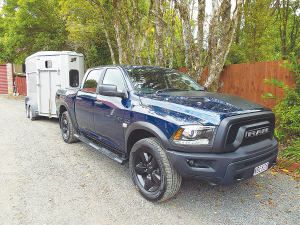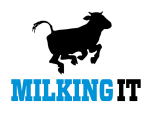Selecting the reverse gear quicker than a lovestruck boyfriend who has met the in-laws for the first time, the Coalition Government has confirmed that the proposal to amend Fringe Benefit Tax (FBT) charged against farm utes has been canned.
The National Party decided to rule out Inland Revenue's proposal to dramatically increase the tax burden on work vehicles, which assumed that they were also being increasingly used for private use.
The sentiment being that the proposal would unfairly target the legitimate use of work vehicles.
While the previous Government's so-called "ute tax" was a one-off cost, the latest proposal could have seen utes costing more than $80,000 purchased by a farm business for farmers or shareholders taxed at 100% of their value (capped at $80,000) even if they were used almost exclusively for farm use.
The result would potentially result in an estimated tax burden of between $5,500 and $8,200 per annum.
Meanwhile, employees and sharemilkers supplied vehicles, under the proposal, would be liable for a tax liability of $1,800 to $2,700 annually on a $50,000 value vehicle.
Following the IRD consultation period that ended in early May, many of those likely to be affected and their financial advisors waited for clarification on what constituted work and private use.
At the time, it was suggested that under the new proposals, if a Ute left the farm to head into town to source fencing materials or calf feeed supplies, the off-farm journey, to and from town would be private use. This was even though the vehicle was undertaking a transport function as part of the the farm operations.
In a statement, the National Party went on to comment that it would not be hitting any Kiwis with new tax burdens on utes-full stop - and that included changes to FBT changes.
The decision to walk away from the proposal would appear to suggest that the government, and particularly the National Party, are listening to the rural industries.


















